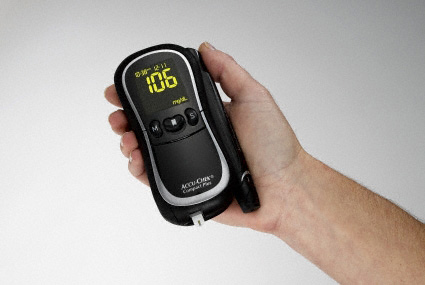The main difference between a supplement with high dosages of synthetically made nutrients and raw whole food concentrates is the life force they contain. Whole food concentrates are essentially raw food in a tablet, and are energetically alive. In Traditional Chinese Medicine, nourishing foods are known to have “Gu Qi”, which means “energy of living foods.” 
Synthetic chemicals lack life and actually drain the body’s reserves. Claiming that the ascorbic acid made in a lab has the same molecular chemistry as that found in food is like saying a living being has the same cellular makeup as a fresh corpse. Vitamin complexes are so biochemically complicated that only a living cell can create Canadian pharmacy viagra them. Just as a computer programmer will never recreate a human brain, chemists will never reproduce a true vitamin in a laboratory.
Dr. Royal Lee explained that vitamins are biological mechanisms. “Like a watch, they consist of a multitude of parts — some we may never identify — that act together to deliver to the body a transcendent ‘vitamin effect.’ The chemist (and modern synthetic vitamin supplement maker) who isolates a few parts of a vitamin complex and expects these parts to deliver the effect of the entire mechanism might as well slap a few pieces of brass on his or her wrist and ask them to tell time.”
Reductionist chemists and biochemists believe that nutritional complexes can be reduced to, or at least approximated by, their “most important” parts. To these critics, we ask, “Which part of a watch keeps time?” No single part, of course. The various pieces work together to perform a function that transcends that of any of the individual parts. Moreover, only the complete set of parts will perform the function. Remove just one of these parts, and the mechanism fails.
The whole food concentrates created by Dr. Lee contain every known nutrient. As scientists discover new nutrients each year, they find them to already be in Dr. Lee’s formulas. It is impossible for a synthetic based supplement to provide us the nutrients that have not yet been discovered. While science has a long way to catch up to nature, we don’t have to wait to feed our bodies the foods we were designed to eat.
Food for Thought: Most retail supplements contain high doses of synthetic vitamins. If you see Vitamin C is listed as ascorbic acid, it is most likely synthetic based. If you see Vitamin E listed as alpha-tocopherols (and not from pea vine juice or wheat germ oil), it is most likely synthetic based. If you see Vitamin A listed as beta-carotene, it is most likely synthetic based. If you see multiple vitamins listed, claiming to provide over a hundred percent of Daily Value, it is most likely derived from synthetic materials as well. Furthermore, the nutrients within a product are most likely not derived from food sources if the supplement label does not list multiple food sources. Supplements that contain artificial colorings are almost always synthetic based and should be avoided.
This has been shown for Type 2 diabetes by the UK Prospective Diabetes Study. This major research project took place over twenty years in 23 centres in England, Scotland and Northern Ireland. Over 5000 patients with newly diagnosed Type 2 diabetes took part and the results showed that keeping the HbA1c down to 7% reduced the risk of all complications of diabetes. For more details see the question which follows. 
Diabetes care in the UK has been set new standards by the government in the form of a National Service Framework (NSF) for care in England, Wales and Northern Ireland and SIGN (Scottish Intercollegiate Guidelines Network) in Scotland. The NSF is a complex project which will not reach its final goal until 2013. However, it is good that the government is putting pressure on healthcare providers to achieve certain standards.
WHY MONITOR?
I developed diabetes at the age of 56 and am struggling to control my sugars with tablets. However, I feel perfectly well and wonder why my doctor is so keen for me to have good control.
Until 1998, there was some doubt about the need for tight control of blood glucose in Type 2 diabetes, which is the most common sort of diabetes developing later in life. The results of a large British research project – the UK Prospective Diabetes Study (UKPDS) – were then published, and provided clear evidence that the risk of complications in Type 2 diabetes was higher in those people with higher levels of blood glucose and thus of HbA1c. The 5000 people with diabetes in the study were randomly divided into two groups, one with tight control and the other with higher blood sugars. The group with tighter control had 25% less eye disease and 16% less risk of a heart attack.
The study confirmed that in most people Type 2 diabetes gets steadily worse with time. Thus people who are initially well controlled on tablets, usually need insulin a few years later. The UKPDS also showed that people with Type 2 diabetes benefit from a very strict control of blood pressure, which reduces the risks of heart disease, strokes and eye problems. When the UKPDS was closed in 1997, those patients who took part were followed up for another 10 years and the results were published in 2008. These results showed that when the study came to an end the difference in blood glucose control between the two groups was lost and all patients had the same level of control over the next 10 years. Despite this, patients who had tight control in the years immediately following diagnosis had lower risks of diabetic complications, including heart attack, and this reduction in risk was maintained for the next 10 years. The message is that good blood glucose control in the early years leads to extended benefits and so there should be no delay before starting treatment in Global Canadian Pharmacy.